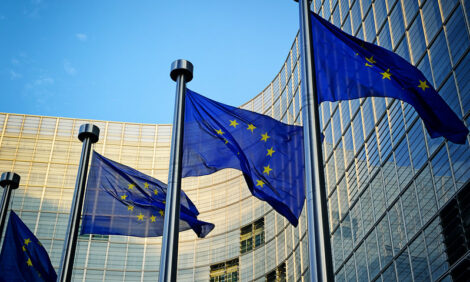



New Pesticide Rules At Odds With Global Needs
EU - New pesticide regulations could hinder an increase in global agricultural productivity.EU Council of Ministers have adopted a new Pesticide Authorisation Regulation, which will switch the approval of pesticides away from the current approach, based on assessment of risk, to the use of hazard-based ‘cut-off’ criteria. It is predicted that some 15-20 per cent of currently approved crop protection products will be lost as a result says The Crop Protection Agency.
The regulations will seriously undermine European farmers’ ability to respond the United Nations leaders call for a 70 per cent increase in agricultural productivity by 2050 to cope with a growing world population.
Experts have warned that the new rules will reduce crop yields and quality and increase the cost of food to consumers. Removing vital crop protection products could also increase the agricultural industry’s carbon footprint as farmers are forced to replace sprays with more cultivations. “These rules are so at odds with the urgent demands placed on modern, productive agriculture that they call into question the entire EU policy-making process, and its ability to reach joined up decisions,” said Crop Protection Agency, Chief Executive Dominic Dyer.
“With no demonstrable benefit to human health or the environment, it is scandalous that this legislation has been passed at a time of mounting concern over food security.
“But this will not be the last time an agricultural technology faces new legislative proposals, and there are clear lessons to be learned for the future,” said Mr Dyer.
“We must not lose sight of how far the UK food industry, working together, has moved the debate. Just over a year ago, UK regulators were forecasting the potential loss of up to 85% of products. Over a relatively short period, this issue has galvanised the entire food chain, from primary producers to food retailers, to speak with a united voice in support of modern, science-based agriculture and horticulture.
“Together we secured the support of the UK Government, and a strong coalition of MEPs, in opposing the new rules. Our efforts were not in vain and the positive momentum must not be lost. We must continue to press the EU to strengthen the independent scientific advice it receives, to demonstrate the benefits of technological innovation in food production, and to highlight the vital role of modern, science-based agriculture in responding to the urgent challenges of food security, climate change and declining natural resources,” concluded Mr Dyer.
TheCattleSite News Desk


